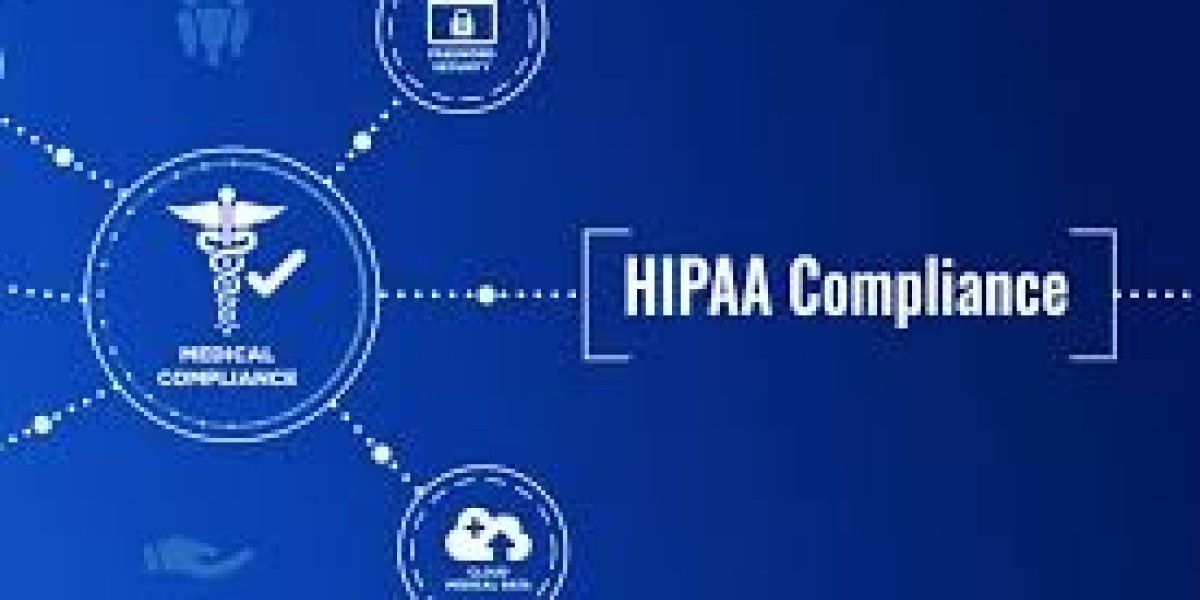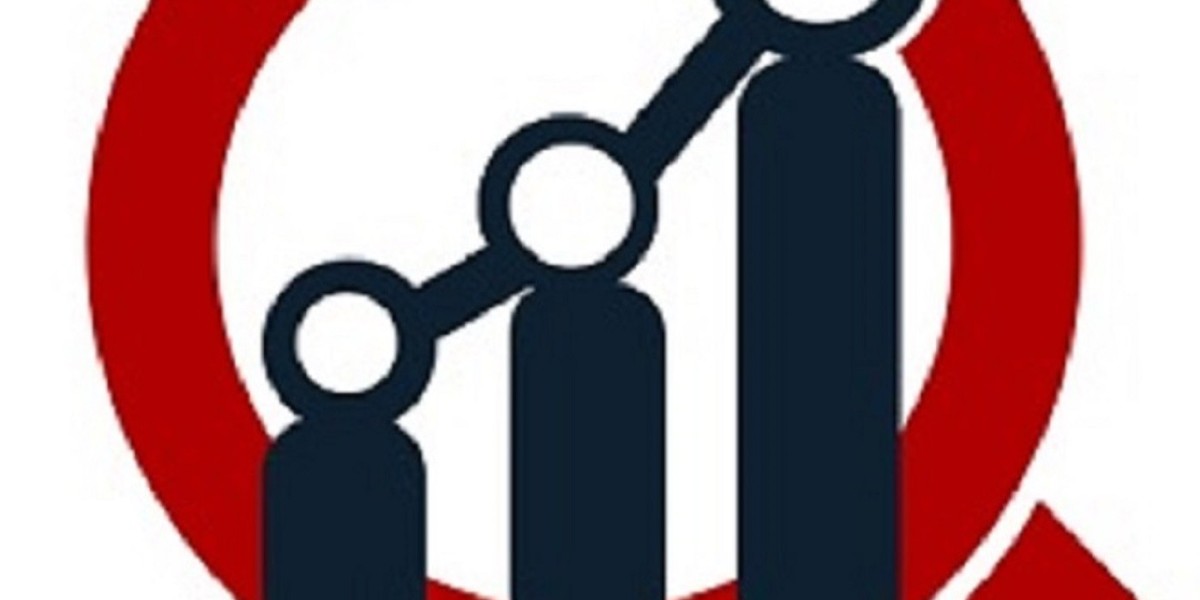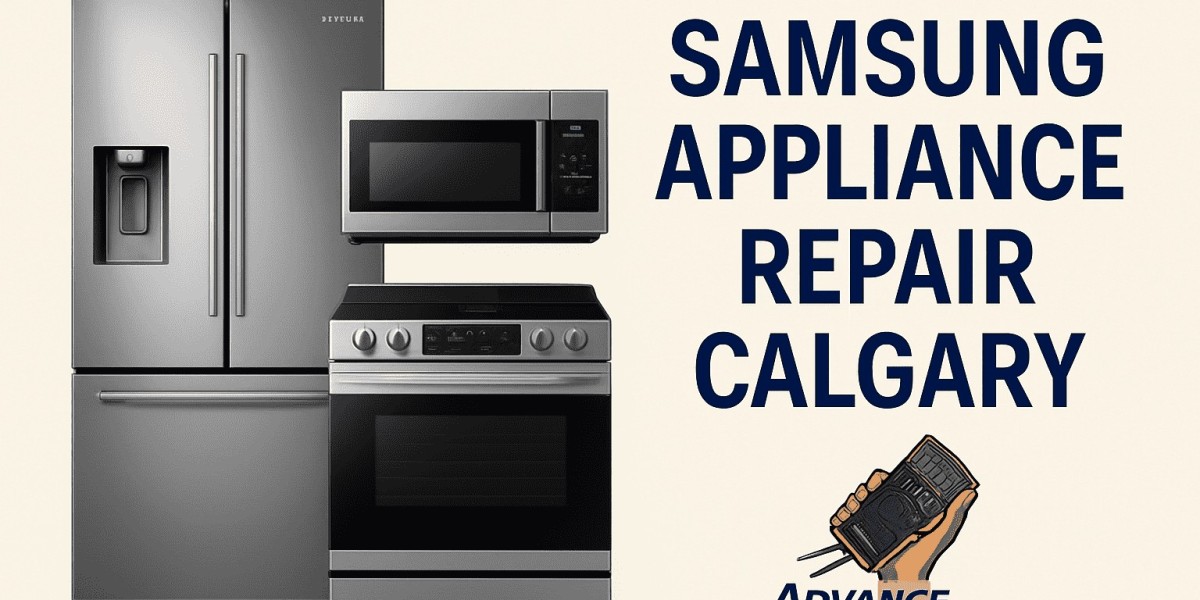In today’s rapidly evolving digital health landscape, mobile applications play a critical role in connecting patients, healthcare providers, and medical institutions. From telemedicine apps to electronic health record (EHR) management tools, healthcare apps are reshaping patient care, streamlining administrative processes, and improving overall efficiency. However, with the increased reliance on digital platforms comes an equally significant responsibility: safeguarding sensitive health data.
For patients, the privacy of their medical information is non-negotiable. For healthcare providers, compliance with regulatory standards like HIPAA (Health Insurance Portability and Accountability Act) is mandatory. This is where the best healthcare app developers shine, ensuring that digital health solutions are not only innovative but also secure and compliant.
In this blog, we will explore how the best healthcare app developers ensure data security, protect sensitive patient information, and maintain HIPAA compliance while creating top-notch healthcare apps.
Understanding HIPAA Compliance and Its Importance
HIPAA is a U.S. federal law enacted in 1996 to protect sensitive patient health information. It establishes rules for the storage, processing, and sharing of protected health information (PHI). Any healthcare app handling patient data must comply with HIPAA regulations to avoid severe penalties and maintain trust.
HIPAA compliance is essential because:
Patient Privacy: Patients trust healthcare apps with sensitive personal information, from medical history to insurance details. Breaches can cause significant harm.
Legal Obligations: Non-compliance can result in hefty fines, legal action, and reputational damage.
Data Integrity: HIPAA ensures that patient data remains accurate, accessible, and unaltered.
Security Standards: Compliance requires robust technical safeguards against cyber threats, data breaches, and unauthorized access.
Key Data Security Challenges in Healthcare Apps
Healthcare apps face unique security challenges that developers must address:
Sensitive Data Storage: Healthcare apps often store PHI on devices or cloud servers. Unsecured storage can lead to leaks or breaches.
Data Transmission Risks: Data moving between apps, servers, and medical systems is vulnerable to interception if not encrypted.
User Authentication Issues: Weak authentication mechanisms can allow unauthorized access to sensitive information.
Third-Party Integration Risks: Many healthcare apps integrate with external APIs, devices, or analytics platforms, potentially introducing security vulnerabilities.
Compliance Complexity: Adhering to HIPAA and other regional regulations simultaneously can be challenging, especially for global apps.
How the Best Healthcare App Developers Ensure Data Security
The best healthcare app developers employ a comprehensive approach to secure sensitive data. Here’s how:
1. End-to-End Data Encryption
Encryption is the backbone of healthcare app security. Top developers implement end-to-end encryption (E2EE), ensuring that data is encrypted on the sender’s device and decrypted only on the recipient’s device. Even if intercepted, encrypted data remains unreadable.
Best practices include:
AES-256 encryption for stored data
TLS 1.2 or 1.3 for data in transit
Encrypted backups to prevent data loss
2. Secure User Authentication
User authentication prevents unauthorized access to the app. Leading developers adopt multi-factor authentication (MFA), biometric verification, and strong password policies.
Effective methods include:
Fingerprint or facial recognition
One-time passwords (OTPs)
Role-based access control for different user levels (patients, doctors, admins)
3. Regular Security Audits
Security threats evolve rapidly. The best healthcare app developers conduct frequent security audits to identify vulnerabilities, patch bugs, and implement preventive measures.
Key audit practices include:
Penetration testing to simulate real-world attacks
Source code review for security loopholes
Monitoring network traffic for suspicious activity
4. Data Minimization and Anonymization
Collecting only necessary patient data reduces risk. Additionally, anonymizing sensitive information during analytics or third-party integration ensures that even if data is exposed, it cannot be traced back to an individual.
Techniques used:
Masking patient identifiers
Tokenization for payment or insurance data
Aggregating anonymized statistics for reporting
5. Secure Cloud and Server Practices
Many healthcare apps rely on cloud infrastructure for scalability. The best healthcare app developers ensure servers are secure, compliant, and regularly updated.
Cloud security practices include:
HIPAA-compliant cloud storage providers
Firewalls and intrusion detection systems
Automated security patch management
6. Continuous Monitoring and Incident Response
Proactive monitoring detects threats before they escalate. Leading developers implement automated alert systems and robust incident response plans to tackle breaches swiftly.
Monitoring strategies include:
Real-time activity logs and anomaly detection
Alerting administrators to unauthorized access attempts
Defined procedures for breach notification and mitigation
How HIPAA Compliance is Integrated into App Development
HIPAA compliance is more than just a checklist; it’s a culture embedded in the development lifecycle. Here’s how the best healthcare app developers ensure compliance from start to finish:
1. HIPAA-Compliant Architecture
The app architecture itself must support compliance. Developers design apps to:
Segregate PHI from non-sensitive data
Encrypt databases and communication channels
Implement audit trails to track user access and modifications
2. Business Associate Agreements (BAAs)
HIPAA requires that all third-party service providers handling PHI sign Business Associate Agreements (BAAs). This ensures every party involved is accountable for data protection.
3. Training and Awareness
Even the most secure app can be compromised by human error. Top healthcare developers provide training to internal teams and clients on HIPAA requirements, including secure password practices and phishing awareness.
4. Privacy by Design
Privacy considerations are embedded at every development stage. Developers ensure features like patient consent management, data access controls, and notification preferences are part of the core design.
5. Regular Compliance Audits
HIPAA compliance is ongoing. The best developers schedule regular audits, review policies, and adjust features to meet updated regulations. This includes verifying encryption standards, access controls, and documentation practices.
Case Studies: Data Security Success in Healthcare Apps
Case Study 1: Telemedicine Platform
A leading telemedicine app faced challenges ensuring HIPAA compliance for video consultations. By integrating end-to-end encryption, MFA, and secure cloud storage, the best healthcare app developers ensured patient sessions remained private, even during peak usage.
Outcome: Zero data breaches and improved user trust.
Case Study 2: EHR Management System
A hospital partnered with top healthcare developers to digitize patient records. Developers implemented role-based access, anonymized analytics, and audit trails for every data access.
Outcome: Streamlined operations, compliance adherence, and enhanced patient confidence.
Emerging Technologies Supporting Data Security
The best healthcare app developers leverage cutting-edge technology to strengthen app security:
Artificial Intelligence (AI): AI monitors unusual patterns and predicts potential security threats.
Blockchain: Provides immutable and transparent records of patient data access.
Secure APIs: Ensures that integrations with wearable devices, labs, and pharmacies remain safe and compliant.
Zero Trust Architecture: Never assumes any user or device is secure by default, adding an extra layer of verification.
Best Practices for Patients and Healthcare Providers
While developers implement strong security measures, patients and providers also play a role in maintaining data safety:
Use strong, unique passwords for app accounts.
Enable MFA wherever possible.
Regularly update apps to patch security vulnerabilities.
Be cautious when sharing personal health information online.
Ensure healthcare providers use HIPAA-compliant solutions.
Why Partner with the Best Healthcare App Developers
Selecting the right development team is crucial for building secure and compliant healthcare apps. The best healthcare app developers combine technical expertise, regulatory knowledge, and user-centric design to deliver apps that protect patient data while offering a seamless experience.
Key advantages include:
Advanced security measures for PHI protection
Seamless HIPAA compliance integration
Access to emerging technologies for enhanced functionality
Continuous support and updates for evolving security threats
Proven track record through case studies and client success
Conclusion
Data security and HIPAA compliance are non-negotiable in the healthcare app ecosystem. From encryption to secure cloud practices, the best healthcare app developers ensure that patient information is safeguarded at every stage of the app lifecycle. By partnering with experienced professionals, healthcare organizations can focus on improving patient care, while leaving data security in expert hands.
If you’re looking to develop a healthcare app that is both innovative and compliant, Appingine stands out as a trusted partner. With a strong focus on security, HIPAA adherence, and cutting-edge technology, Appingine delivers healthcare solutions that patients and providers can trust, ensuring a safer and more efficient digital healthcare experience.








